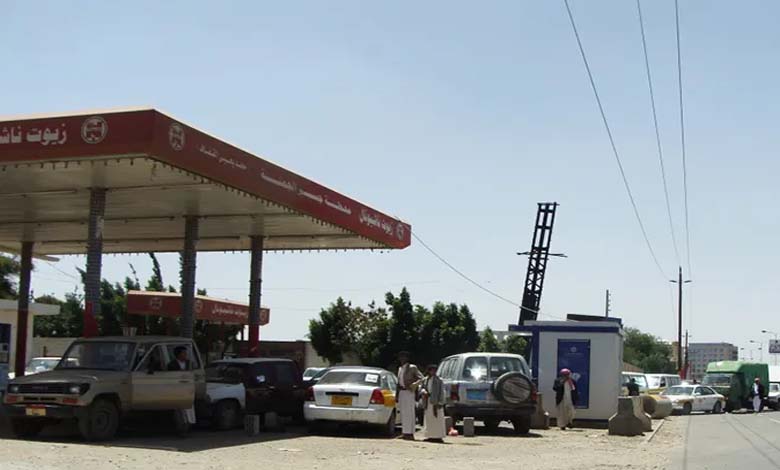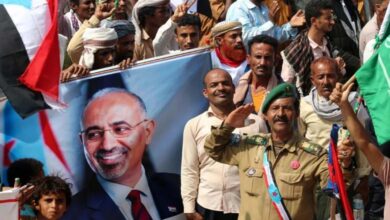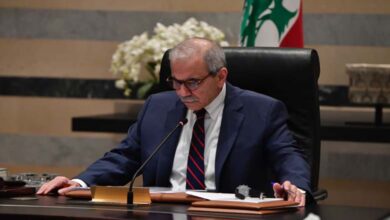The Muslim Brotherhood in Yemen Sparks a Fuel Crisis… What’s the Story?

Many Yemeni actors have pointed the finger at the Al-Islah Party, the political arm of the Muslim Brotherhood in Yemen, accusing it of fabricating a fuel crisis in Marib after being excluded from major oil agreements concluded by the legitimate government with the Southern Transitional Council.
-
Khat Taxes… A Realistic Picture of Corruption by the Muslim Brotherhood in Yemen
-
Corruption of the Muslim Brotherhood in Yemen… Embezzlement, Extortion, and Trading in People’s Needs
The oil company in Marib, overseen by the party-affiliated governor Sultan Al-Aradah, decided to shut down the refineries under the pretext of “maintenance,” which led to a shortage of fuel and a sharp rise in prices.
However, the Marib refineries, through their Director of Production and Marketing, engineer Abdel Salam Al-Shaif, stated in a press release published by Al-Sahwa that the fuel derivatives crisis, which began two days ago in Marib, was man-made. He confirmed that the refinery had never stopped production operations or the supply of fuel to the market according to the distribution plans of the local oil company branch.
In the same context, the company raised fuel prices to about 25,000 rials per 20-liter jerrycan, whereas the previous price did not exceed a few thousand rials.
-
Southern Yemen Launches New Online Campaign against the Brotherhood… Details
-
Yemen’s Muslim Brotherhood Pledges Allegiance to the U.S.… What Are Their Goals?
The issue goes beyond merely tightening the fuel crisis in coalition-held areas in the south and west of Yemen — of which Marib is a primary source — as the party seeks to reap huge profits from Marib’s oil reserves, similar to how Hadramout’s reserves were shared.
Sources within the company indicated that the party had decided to sell the reserve stock, estimated at 2.5 million liters, adding that the price hike could allow the party to earn over two billion dollars. The reason: the party supplies the Central Bank at a rate of 400 rials per liter, while the new price is 1,250 rials per liter.
-
The Yemeni Street Breaks Free from the Muslim Brotherhood’s Restrictions… What’s the Story?
-
The Yemeni Muslim Brotherhood Violates the Sanctity of Cemeteries… Details
The timing of the crisis suggests it reflects the Brotherhood party’s frustration over the agreement made between President Al-Alimi and the Transitional Council without their involvement. The crisis aims to disrupt any deal that lies outside the party’s sphere of influence, given its de facto control over the city of Marib.
It’s worth noting that President Al-Alimi recently appointed the Vice President of the Transitional Council for Hadramout, Faraj Al-Bahsani, to establish a Wealth Fund for Hadramout and to oversee the distribution of its revenues. This move coincided with renewed deals to sell strategic oil sectors in Shabwa.
-
What has Yemen gained from the Muslim Brotherhood’s hatred of Saleh? A report answers the question
-
Houthi Propaganda Attack on the Muslim Brotherhood… A New Attempt to Mislead Yemenis
-
Yemen: Brotherhood Leaders Manipulate Oil Resources for the Benefit of the Group
-
Against the backdrop of this decision… The Muslim Brotherhood attacks the Yemeni state
-
Yemeni Presidency Determined to Confront Corrupt Military Brigades Affiliated with the Muslim Brotherhood












